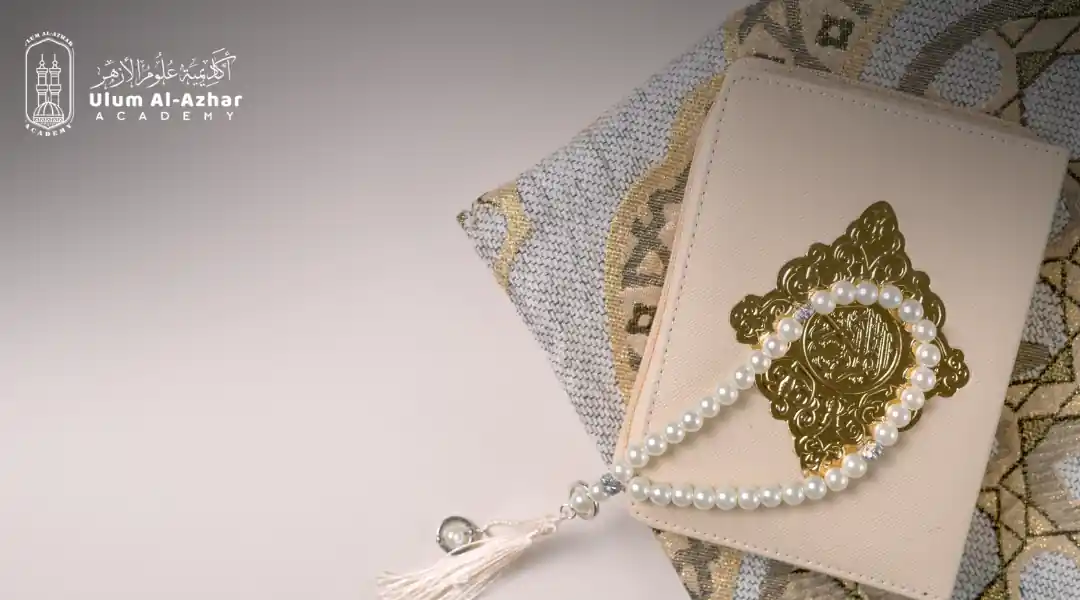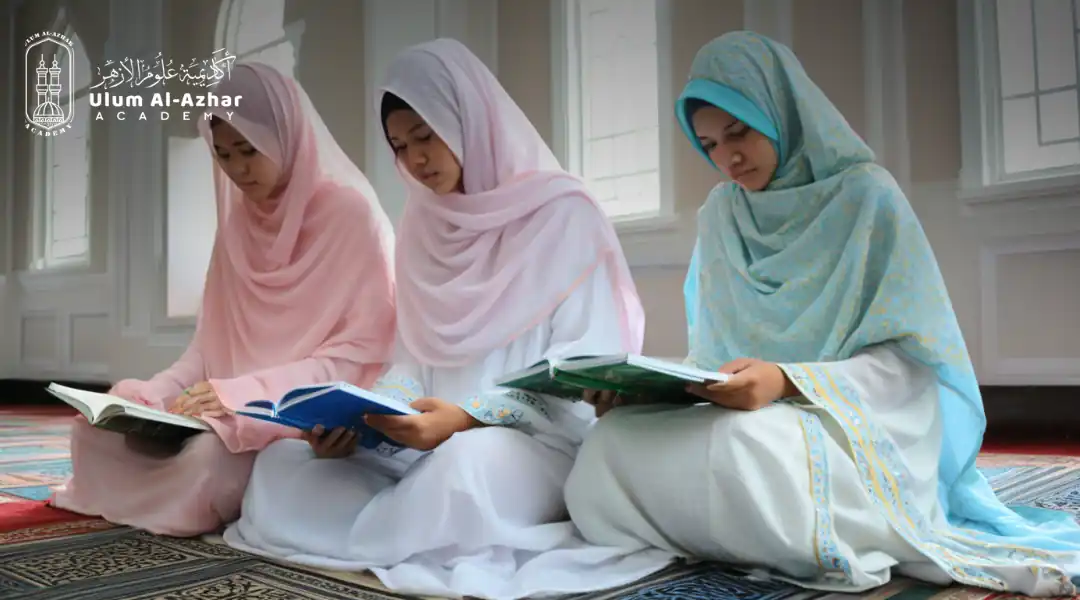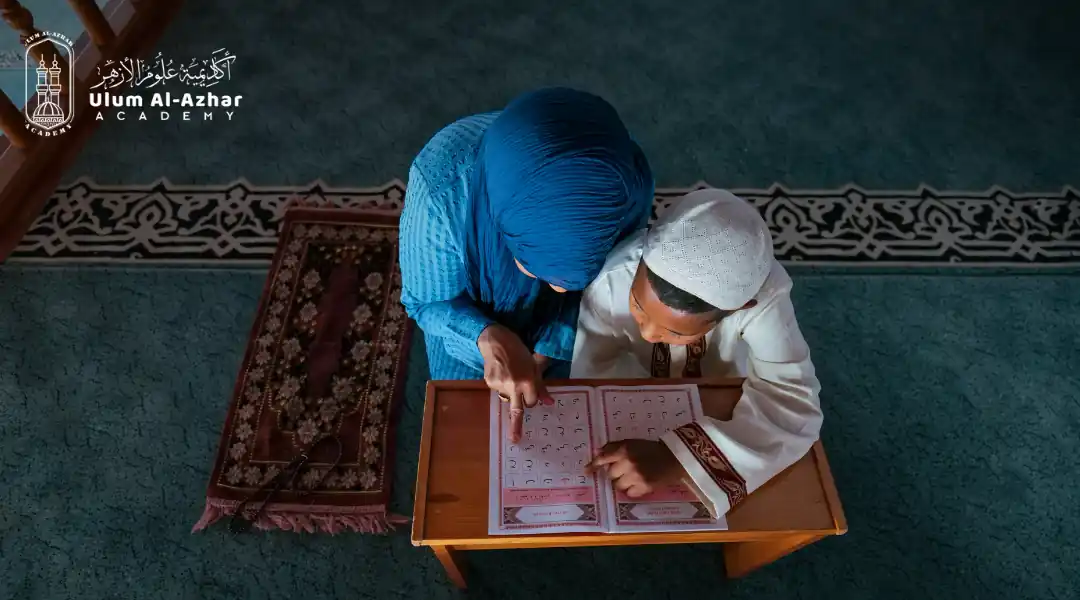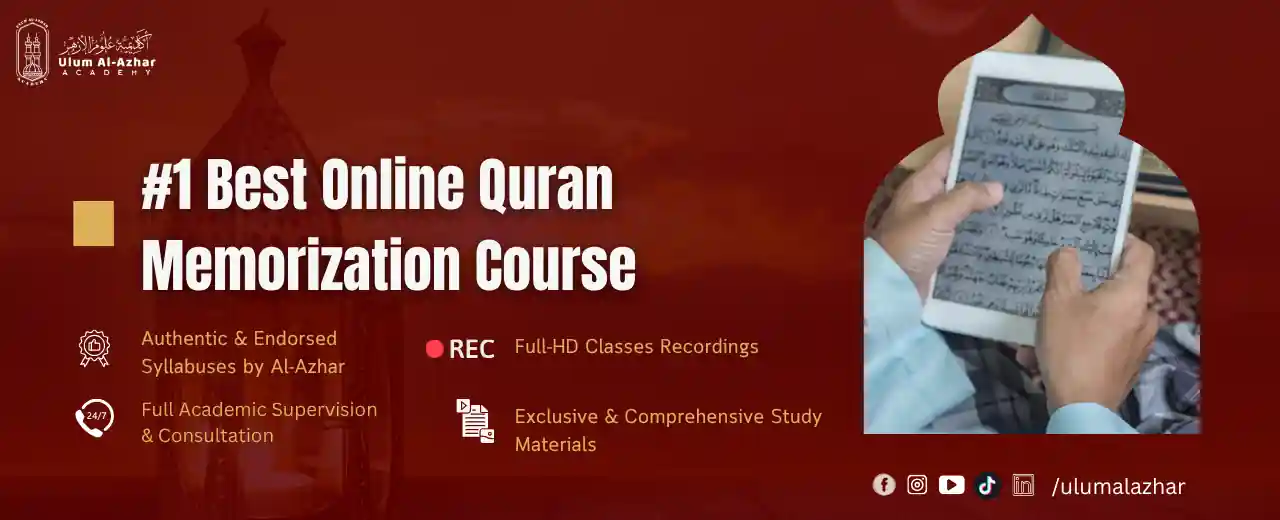
Surah A’la Transliteration and Meaning for Daily Recitation
Glorify the Name of your Lord, the Most High,Who created and ˹perfectly˺ fashioned ˹all˺,and Who ordained precisely and inspired accordingly, What makes a seemingly short surah so central to a Muslim’s spiritual journey and daily devotion? The recitation of the Qur’an is not merely an obligation but a continuous source of spiritual nourishment. Surah Al-A’la stands out as one of the most powerful and often-recited chapters within Juz’ Amma, short in length but rich in profound meaning. To truly grasp its essence and integrate it into our lives, understanding its context is key.
We will delve into the Surah A’la transliteration, the beauty of its original Arabic verses, its deep meaning, and its practical significance in our daily acts of worship.
This guide is crafted for everyone, from a devoted student of the Qur’an to a teacher at an institution like Ulum Al-Azhar Academy looking for new ways to inspire young hearts.

Surah A’la Transliteration and Original Arabic
Surah Al-A’la is a Makki surah consisting of 19 verses. Its name in the Sunnah is “Sabbiḥ isma rabbika al-a‘lā” (Glorify the name of your Lord, the Most High). Lady Aisha (may Allah be pleased with her) referred to it as “Surat Sabbiḥ.” Abu Dawud and Al-Tirmidhi narrated from her that:
“The Prophet ﷺ used to recite ‘Sabbiḥ’ (i.e., Surah Al-A‘la) in the first rak’ah of Witr prayer.”
Here is the full Surah A’la transliteration, along with the Arabic verses for ease of memorization and pronunciation practice:
سَبِّحِ اسْمَ رَبِّكَ الْأَعْلَى (1) الَّذِي خَلَقَ فَسَوَّى (2) وَالَّذِي قَدَّرَ فَهَدَى (3) وَالَّذِي أَخْرَجَ الْمَرْعَى (4) فَجَعَلَهُ غُثَاءً أَحْوَى (5) سَنُقْرِئُكَ فَلَا تَنسَى (6) إِلَّا مَا شَاءَ اللَّهُ ۚ إِنَّهُ يَعْلَمُ الْجَهْرَ وَمَا يَخْفَى (7) وَنُيَسِّرُكَ لِلْيُسْرَى (8) فَذَكِّرْ إِن نَّفَعَتِ الذِّكْرَى (9) سَيَذَّكَّرُ مَن يَخْشَى (10) وَيَتَجَنَّبُهَا الْأَشْقَى (11) الَّذِي يَصْلَى النَّارَ الْكُبْرَى (12) ثُمَّ لَا يَمُوتُ فِيهَا وَلَا يَحْيَى (13) قَدْ أَفْلَحَ مَن تَزَكَّى (14) وَذَكَرَ اسْمَ رَبِّهِ فَصَلَّى (15) بَلْ تُؤْثِرُونَ الْحَيَاةَ الدُّنْيَا (16) وَالْآخِرَةُ خَيْرٌ وَأَبْقَى (17) إِنَّ هَذَا لَفِي الصُّحُفِ الْأُولَى (18) صُحُفِ إِبْرَاهِيمَ وَمُوسَى (19)
Surah A’la Transliteration:
Sabbihisma rabbikal a’la (1) Alladhi khalaqa fasawwa (2) Walladhi qaddara fahadaa (3) Walladhi akhrajal mar’aa (4) Faja’alahu ghuthaa’an ahwaa (5) Sanuqri’uka falaa tansaa (6) Illa maa shaa’ Allah, innahu ya’lamul jahra wa maa yakhfaa (7) Wa nuyassiruka lilyusraa (8) Fadhakkir in nafa’atis dhikraa (9) Sa yadhdhakkaru man yakhshaa (10) Wa yatajannabu hal ashqaa (11) Alladhi yaslan naara al-kubraa (12) Thumma laa yamootu feehaa wa laa yahyaa (13) Qad aflaha man tazakkaa (14) Wa dhakarasma rabbihi fasallaa (15) Bal tu’thiroonal hayaata ad-dunya (16) Wal Aakhiratu khayrun wa abqaa (17) Inna haadha lafis suhufil oolaa
(18) Suhufi Ibraheema wa Moosaa (19)
Surah A’la Translation in English:
Glorify the Name of your Lord, the Most High (1) Who created and ˹perfectly˺ fashioned ˹all˺, (2) and Who ordained precisely and inspired accordingly, (3) and Who brings forth ˹green˺ pasture, (4) then reduces it to withered chaff (5) We will have you recite ˹the Quran, O Prophet,˺ so you will not forget ˹any of it˺, (6) unless Allah wills otherwise. He surely knows what is open and what is hidden (7) We will facilitate for you the Way of Ease (8)
So ˹always˺ remind ˹with the Quran˺—˹even˺ if the reminder is beneficial ˹only to some˺ (9) Those in awe ˹of Allah˺ will be mindful ˹of it˺ (10) But it will be shunned by the most wretched, (11) who will burn in the greatest Fire, (12) where they will not ˹be able to˺ live or die (13) Successful indeed are those who purify themselves, (14) remember the Name of their Lord, and pray (15) But you ˹deniers only˺ prefer the life of this world (16) even though the Hereafter is far better and more lasting (17) This is certainly ˹mentioned˺ in the earlier Scriptures— (18) the Scriptures of Abraham and Moses (19)
Ulum Al-Azhar offers you a free consultation to help you get started on your Qur’an memorization journey.
What Is Surah Al-A’la About? A Simple Explanation
Surah Al-A’la is the 87th chapter in the Qur’an and has 19 short but strong verses. It starts with praising Allah, saying, “Glorify the name of your Lord, the Most High. ” This chapter reminds people that Allah is the Creator, the One who shapes, guides, and gives life.
It contains the glorification of Allah Almighty and a reference to His Oneness, as He alone created mankind and everything on earth that ensures their survival. It also affirms the support of the Prophet ﷺ and strengthens him in receiving the revelation. Allah promises to grant him a gentle and easy-to-follow Shariah and a Scripture through which people of pure hearts—those who fear their Lord—will be reminded, while the wretched ones, who prefer worldly life and care nothing for eternal life, will turn away.
What has been revealed to him is affirmed by what was found in the scriptures of the previous messengers, and all of this serves to ease the pain caused by the rejection of the disbelievers.
The surah a’la transliteration shows that this surah reminds us to have faith in Allah’s plan, realize that life is short, and keep in mind that the afterlife is much better and lasts forever. This chapter is a clear reminder about staying clean, remembering Allah, and following Him through prayer.

When Did the Prophet Recite Surah Al-A’la?
According to several authentic narrations, the Prophet Muhammad ﷺ recited Surah Al-A’la frequently during Jumu’ah (Friday prayer) and Eid prayers. Al-Tirmidhi narrated from Al-Nu’man ibn Bashir that the Messenger of Allah ﷺ used to recite “Sabbiḥ isma rabbika al-A‘lā” and “Hal atāka ḥadīthu al-ghāshiyah” in the Eid and Friday prayers.
Likewise, the regular recitation of Surah Al-A‘la, Al-Kafirun, and Al-Ikhlas in Witr prayer is from the Sunnah of the Prophet ﷺ. He ﷺ used to recite in Witr: “Sabbiḥ isma rabbika al-A‘lā,” “Qul yā ayyuhā al-kāfirūn,” and “Qul huwa Allāhu aḥad”—one surah in each rak‘ah—as authentically reported in the books of Sunnah.
Key Themes: Purification, Revelation, and Worship
Surah a’la transliteration shows that the main ideas of the Surah are:
- Worshipping and praising Allah: The first verse encourages believers to praise the Most High.
- Allah’s plan and direction: Allah creates everything with perfect order and gives guidance.
- The Qur’an and memory: The verse highlights that the Qur’an was sent down in a way that is easy to remember and preserve.
- Reminders and thinking: It shows that remembering Allah helps those who are fearful of Him.
- Difference between this life and the afterlife: This world is temporary, but the life after is eternal.
- Real success comes from cleaning the heart and remembering Allah in prayer.
Surah a’la transliteration helps us to think about these messages while reading the Surah helps you understand and use its teachings in your daily life.
How to Memorize Surah Al-A’la Easily
Here are practical tips to help you or your children memorize Surah Al-A’la transliteration :
Read the transliteration of Surah Al-A’la along with the Arabic text: pick a few lines each day to focus on.
Practice reciting the verses again using proper tajweed: this helps you remember better and recite correctly.
Pick a favorite Quran reciter and listen to their audio recitation of Surah Al-A’la: keep listening and follow along with the transliteration.
Write down the transliteration of Surah Al-A’la along with the Arabic script: this helps your brain remember through seeing and writing.
Learn what each verse means: understanding the message helps you connect with the words and makes memorizing more meaningful.

Why Teachers at Ulum Al-Azhar Academy Recommend It for Youth
At Ulum Al-Azhar Academy, our Qur’an teachers strongly encourage young students to start their memorization journey with Surah Al-A’la. Here’s why:
- It’s short and has a nice rhythm, making it easy to recite and remember.
- It teaches important spiritual lessons about creation, prayer, and the afterlife in a simple and meaningful way.
- The way the surah is written, with its beautiful sounds, makes reciting it fun and helps students stay consistent.
- Learning Surah Al-A’la transliteration also helps build a strong foundation for understanding deeper parts of the Qur’an later on.
By including the surah a’la transliteration in their daily routine, students start to see the Qur’an not as something difficult, but as a gift.
The next step in your Islamic learning journey is here: #1 Best Online Quran Memorization Course or for your kids Online Quran Memorization Course for Kids with Al-Azhar-certified Sheikhs from Egypt.

Conclusion
The beauty of Surah Al-A’la is not just in the words themselves, but in the feelings it brings to the heart of a believer. Saying it every day — whether in Arabic or using the surah a’la transliteration — helps keep our spiritual bond with Allah strong and reminds us of the life to come. As Muslims, we are lucky to have such short yet strong words that lead us to success in this world and the next.
Make it a habit to include surah a’la transliteration in your prayers, your lessons, or your children’s bedtime.Let these sacred words be part of your daily life and help bring your heart closer to God.
Ready for your Islamic learning journey? It all starts with a free consultation with our Al-Azhar-certified Sheikhs in Egypt.
FAQs
Is Surah Al-A’la good for daily recitation?
Yes, it is short, easy to memorize, and rich in meaning. Reciting it daily can remind you of your purpose in life and the importance of the Hereafter.
How many verses are in Surah Al-A’la?
It contains 19 verses.
Why do scholars recommend it for children?
It’s easy to memorize, has clear messages, and sets a strong foundation for learning more of the Qur’an.
Where can I learn proper pronunciation?
You can join online courses like that in Ulum Al-Azhar Academy, where native Arabic-speaking teachers guide students.
